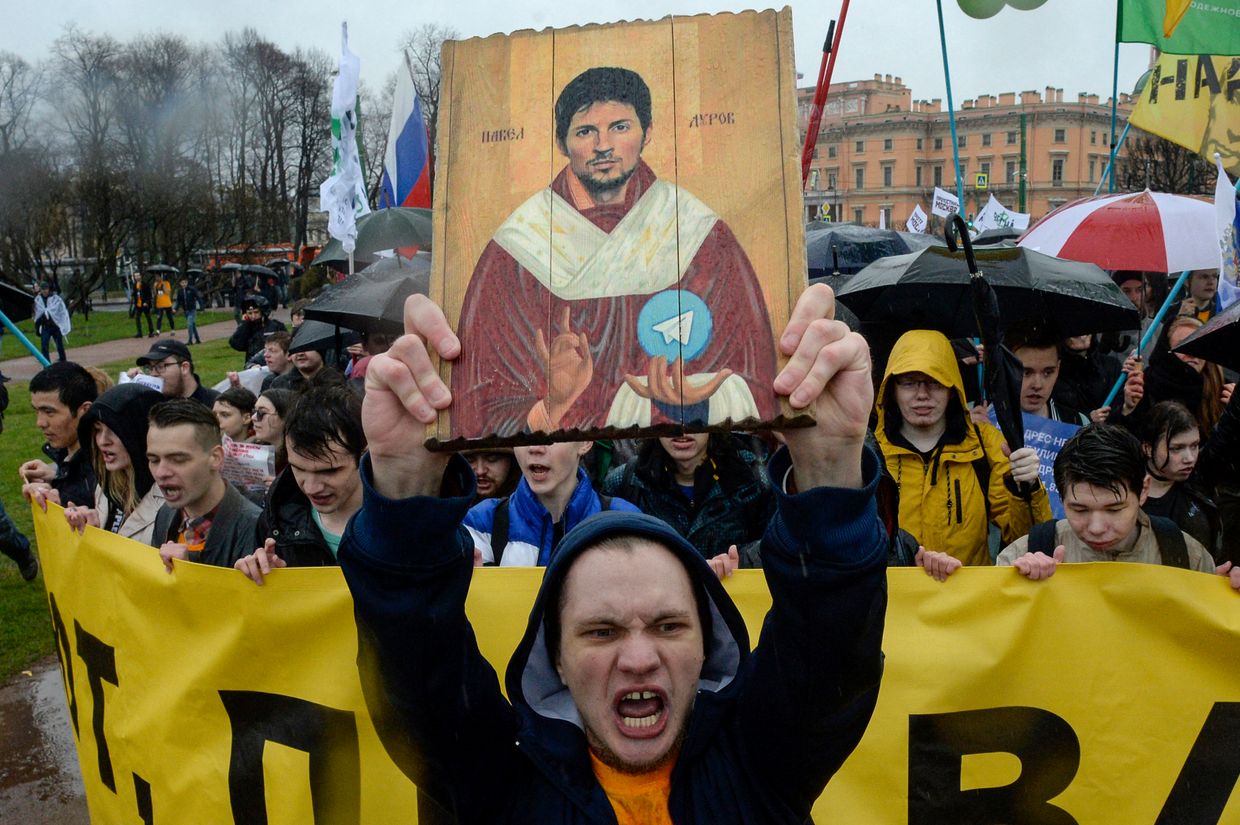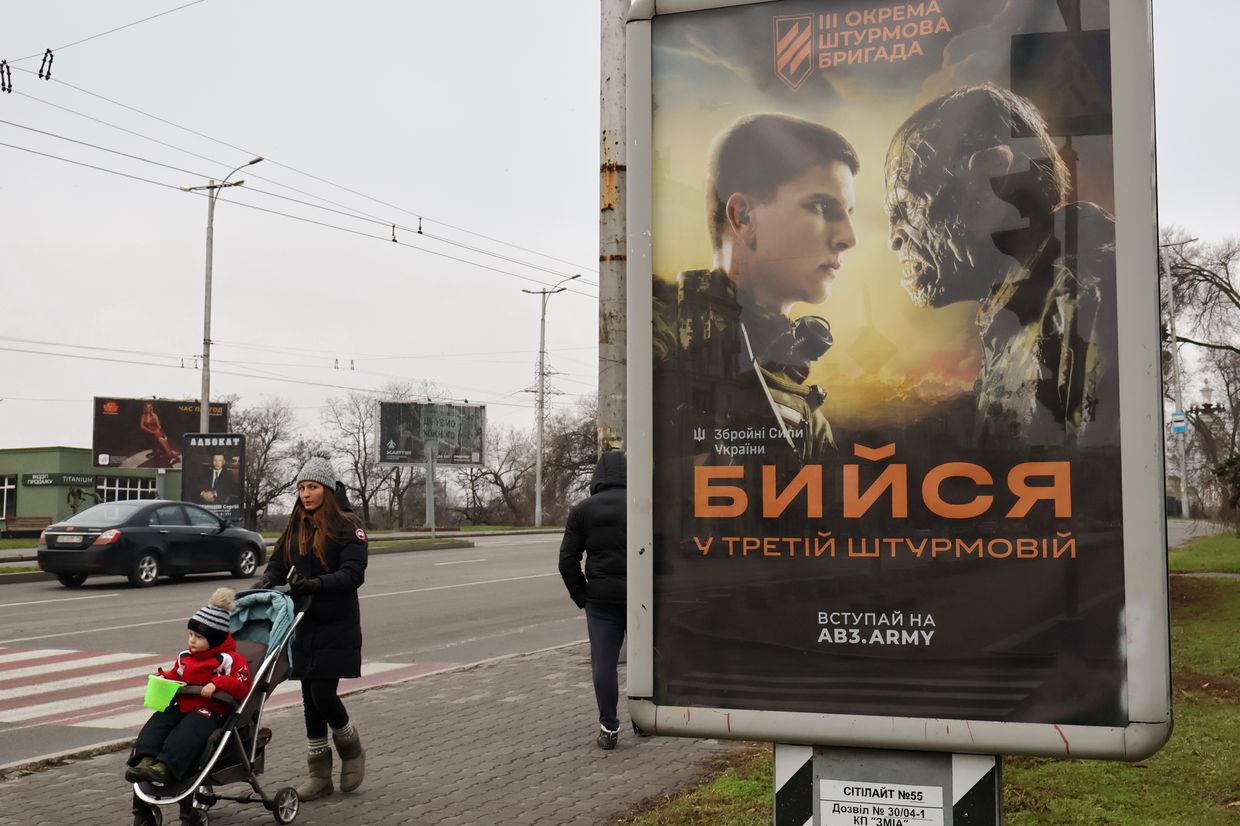In March 2023, I noticed a disturbing silence about the messaging platform Telegram’s ties to the Kremlin, despite Russia’s ongoing war against Ukraine. It was like a Trojan horse – right in the pockets of 70% of Ukrainians.
I quickly compiled years of notes on its founder Pavel Durov, and his connections to Russian authorities. My findings were previously published in Ukrainska Pravda and the Kyiv Independent, sparking significant interest and leading to the creation of Kremlingram, a non-profit focused on investigating Telegram’s ties to Russia.
Telegram responded with a refutation, which only raised more questions. Following this, I was contacted on behalf of Mike Radovnikas, Telegram’s Vice President of Communications, who offered to meet with Durov in Dubai to discuss making Telegram "safe for Ukrainians." When I suggested starting with a Zoom call, he declined, and communication ended there.
Over the past year and a half, Kremlingram has published numerous articles exposing Telegram’s questionable ties: from its opaque funding to meetings between company representatives and Russian officials. We've also investigated the lack of proper encryption, government access to user communications, and the blocking of opposition voices.

In February 2023, we received an email containing alleged data on Durov’s border crossings between 2016 and 2021 – over 120 instances of entering and exiting Russia. This contradicted Durov’s narrative that he had been exiled and unable to return to Russia, suggesting he had misrepresented his conflict with the Russian authorities.
The narrative that Russia failed to block Telegram – a story embraced by Western media – didn’t seem fully convincing, given the platform’s successful blocking in other countries with less technological potential, like Pakistan and Cuba. The narrative served as free advertising for Telegram, portraying it as a secure messenger.
The leaked data, if accurate, undermines Durov’s claim of exile and raises questions about why he misled the public. We needed to verify the information, so we shared it with journalists and activists. Despite extensive efforts, including reaching out to special services and using contacts in Russia, the European Union, and the United States, we couldn’t confirm the data. I began to suspect the email might be disinformation.
Introducing official merch
from the Kyiv Independent
However, in August 2024, the independent Russian media outlet Meduza reported a large leak of the Russian Federal Security Service’s (FSB) border data, including Durov’s crossings, adding credibility to our findings.
The leaked data matches the information from our source, suggesting its authenticity. Our dataset includes 24 entries and exits in 2015, 39 records for 2016, 39 records for 2017, 15 entries for 2020, starting June 18, and 8 entries for 2021. "We should note that both data leaks are anonymous, and we don’t know their motives or whether they came from the same source. It would be easy to confirm or deny this data for any countries Pavel traveled to."

There are no records of Durov entering Russia between 2018 and mid-2020, despite multiple exit records because Russia's telecommunications regulator Roskomnadzor began blocking IP addresses used by Telegram.
The next entry is dated June 18, 2020, at 7:13 p.m., showing Durov’s departure by plane from Pulkovo-1 Airport in St. Petersburg to Belgrade, Serbia. Notably, between 2017 and 2020, the database has no record of Durov re-entering Russia. This suggests his entry was either undocumented or the data from 2018-2020 was erased.
Moreover, on June 18, 2020 – the same day Telegram was "unblocked" – Durov flew out of St. Petersburg to Belgrade. This timing suggests the unblocking might have involved an agreement with Durov.
More interestingly, on June 18, 2020, at 3 p.m. Moscow time, a message appeared on the Roskomnadzor website announcing Telegram’s “unblocking” in Russia. In practice, it changed little, as the app was already operational, and according to Durov, its audience had doubled over the previous two years. He posted about the unblocking on June 22, 2020.
Durov has consistently portrayed himself as an exile through numerous interviews, emphasizing there is ”no way back” for him, particularly when responding to Kremlingram’s 2023 piece about his potential ties to Russia by stating he has “no connections to Russia.” Yet, the leaked data shows over 60 trips to Russia, indicating a deliberate effort to maintain the illusion of exile.
Before publishing this piece, the independent Russian media outlet Vazhnye Istori reported similar findings, confirming Durov’s multiple crossings between 2015 and 2021. Their data aligns with our source and provides additional context.

Our conclusions:
- Durov concealed his visits to Russia between 2015 and 2021.
- Despite claiming that the FSB took control of Vkontakte in 2014, his relationship with Russian authorities was closer than he admitted.
- Durov misled the public, falsely claiming exile and denying Telegram’s ties to Russia.
- His claims of dual citizenship in France and the UAE, presented as proof that he is no longer connected to Russia, are misleading; he also holds a valid Russian passport.
In view of all this, I once again draw the attention of Ukrainian society and the authorities to the fact that in the context of a full-scale war with Russia, we cannot continue to rely on the use of Telegram for 70% of Ukrainians who use it for both news and correspondence.
I also draw the attention of Telegram users around the world – given these facts, you should reconsider how much you are willing to rely on the “encryption and privacy” of a service whose founder hides his visits to Russia.
Editor’s Note: The opinions expressed in the op-ed section are those of the authors and do not purport to reflect the views of the Kyiv Independent.













